Ever wished you could rewind to your school days and relive that magical moment when figured something out? As a primary school teacher, you get to be the one who creates those amazing moments for a whole new generation.
Right now, there's a massive call for passionate Aussies to step up and become primary school teachers. It's a chance to inspire young minds, build a love of learning, and leave a lasting impact on their lives. It sounds pretty awesome, right?
In this blog, we'll guide you through everything you need to know about becoming a primary school teacher in Australia. From the different qualification pathways to the exciting career opportunities, we'll provide you with the knowledge to take the first step towards a truly rewarding profession.
What Does a Primary School Teacher Do?
So, what exactly does a primary school teacher do? Primary school teachers wear many hats, from educators to mentors and role models. Their typical responsibilities include:
Lesson Planning: You'll create engaging lessons that make learning fun across all subjects, from mastering multiplication tables to exploring the wonders of history.
Classroom Creator: Think colorful decorations, comfy reading nooks, and a space that sparks curiosity. You'll design a stimulating learning environment where your students thrive.
Assessment: You'll become an expert at spotting your students' strengths and weaknesses, customizing your teaching to ensure everyone reaches their full potential.
Provide Support: Not just academics! You'll be there to guide your students through social and emotional challenges, fostering confidence and resilience.
The rewarding aspects of being a Primary teacher are boundless. From witnessing the creative moments when students grasp new concepts to playing an important role in shaping the future generation, the impact of a primary teacher goes beyond the classroom.
The Two Main Pathways to Qualification
Now, let's talk about the two main paths to get you qualified:
Bachelor of Education (Primary):
A four-year undergraduate degree tailored for future primary school teachers.
Designed to equip you with comprehensive knowledge and skills across all primary school subjects.
Master of Teaching (Primary):
A two-year postgraduate program is ideal for those with a bachelor's degree in another field.
Offers a quicker route to teaching qualification, perfect for career changers looking to make a difference in the classroom.
Choosing the right pathway depends on your background, career goals, and personal preferences. Whether you opt for a Bachelor of Education or a Master of Teaching, both paths lead to a fulfilling career shaping the minds of tomorrow's leaders.
RPL: Boost Your Skills and Experience!
While a teaching qualification is essential, there are some extra steps you can take to become a superstar primary school teacher. Here’s how:
Get Hands-on with Early Childhood Education: Consider getting a CHC30121 - Certificate III in Early Childhood Education and Care or CHC50121 - Diploma of Early Childhood Education and Care. Working with younger children provides valuable experience in encouraging curiosity, building positive relationships, and understanding child development – all skills that will translate beautifully into your primary school classroom. So, if you already have experience in teaching and want to save your time and money applying for RPL is a great way to start.
Become a Classroom Pro with Placements: What if you don’t have any experience but you want to be a primary school teacher? No worries! We we here for you. We will provide you with teacher training programs that have practical placements, giving you the chance to test your teaching skills in real-world settings and to improve your experience to be certified. They're an incredible opportunity to gain hands-on experience, observe teachers in action, and refine your teaching style.
The Teacher Registration Process
Once you've got your teaching qualification, it's time to become a recognized teacher in Australia. Here's the official process:
Teacher Registration in Your State: Each state and territory has its teacher registration process. This typically involves
Submitting your qualifications
Completing any required checks, and
Demonstrating your understanding of the Australian Professional Standards for Teachers.
Here are some helpful Government links to get you started:
New South Wales: Teacher accreditation | NSW Government.
Victoria: Teacher Registration - Victoria
Queensland: Teacher registration in Queensland
South Australia: Teacher Registration - SA - Australian Business Licence and Information Service
Western Australia: Teachers Registration Board of Western Australia - Becoming Registered
Tasmania: Applying for Registration - Teachers Registration Board Tasmania
Australian Capital Territory: Registration - ACT Teacher Quality Institute
Northern Territory: Teacher Registration Board
Remember, becoming a registered teacher is the final step before you can officially enter the classroom and start making a difference!
Career Opportunities for Primary Teacher
The beauty of being a primary school teacher is the variety of opportunities you'll encounter. But what does a career as a primary school teacher in Australia actually look like? Here are some diversitites:
Classroom Teacher: Become a general classroom teacher, supporting young minds across all subjects in a vibrant public or private school setting.
Early Childhood Specialist: Focus on the crucial early years, encouraging the development and curiosity of our youngest learners.
Subject Master: Be a master in a specific area like music, igniting a passion for creativity, or physical education, inspiring healthy habits and a love of movement.
And that's not all! As you gain experience, exciting leadership and specialization opportunities open up:
Leadership Pathway: Become an assistant principal or even a school principal, shaping the future of education for generations to come.
Deepen Your Expertise: Specialize in areas like literacy or numeracy, becoming a true expert by maximizing your impact on student learning.
The average Primary School Teacher's salary in Australia is $95,768 per year.. Entry-level positions start at $83,448 per year, while most experienced teachers earn up to $118,262 per year. [Source: au.talent.com]
Developing Your Skills and Knowledge
Being a brilliant primary school teacher isn't just about that initial qualification. It's about a love of learning that keeps you growing throughout your career. Here's the cool thing: there are endless opportunities to develop your skills and knowledge!
Ongoing Professional Development: The field of education is constantly evolving, with new teaching methodologies, technologies, and research emerging regularly. Accepting ongoing professional development opportunities allows you to stay updated with the latest trends and best practices in education, ensuring that you provide the highest quality of education to your students.
Specialization is Your Superpower: Got a passion for a specific area like early childhood education, special needs, or STEM? Specialize in these fields to become a true expert and make an even greater impact on your students.
Become the Trainer: Ever thought about training the next generation of teachers? Consider a TAE40122- Certificate IV in Training and Assessment from Learning Options. This qualification provides you with the skills to become a teacher trainer, sharing your knowledge and passion with aspiring educators!
Thinking about gaining some valuable experience working with young children? We offer high-quality Certificate III and Diploma programs in Early Childhood Education and Care. These qualifications provide a fantastic foundation and can be great for your primary teaching goals.
So, You're Ready to Make a Difference?
Take that first step today!
FAQ
What's it like to be a primary school teacher in Australia?
Answer: Absolutely Great! As a primary school teacher, you will evaluate and analyze your student's development.
Is there a demand for elementary teachers in Australia?
Answer: YES! The average teacher's payment has increased by 35%, and educators of all types are expected to see even larger raises in the coming years.
How many hours do teachers in Australia work?
Answer: In 2022, full-time classroom instructors reported an average of 53.7 hours per week; senior instructors reported 58.6 hours per week; and middle instructors reported 55.3 hours per week.

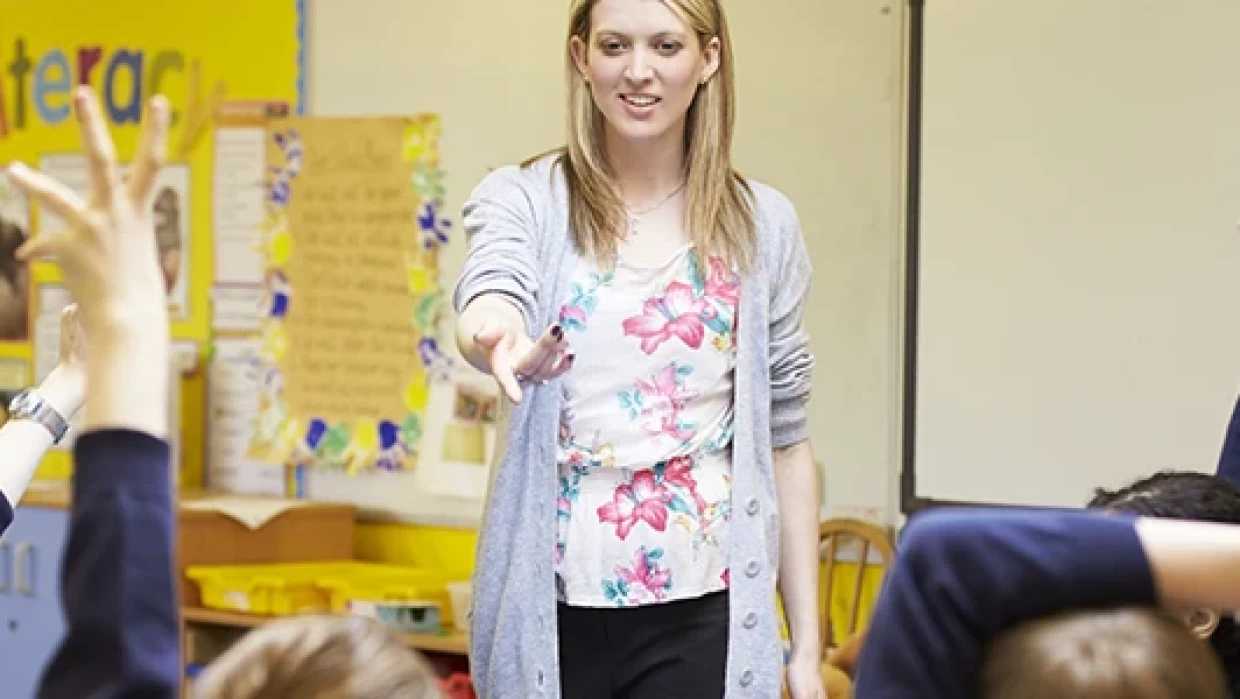
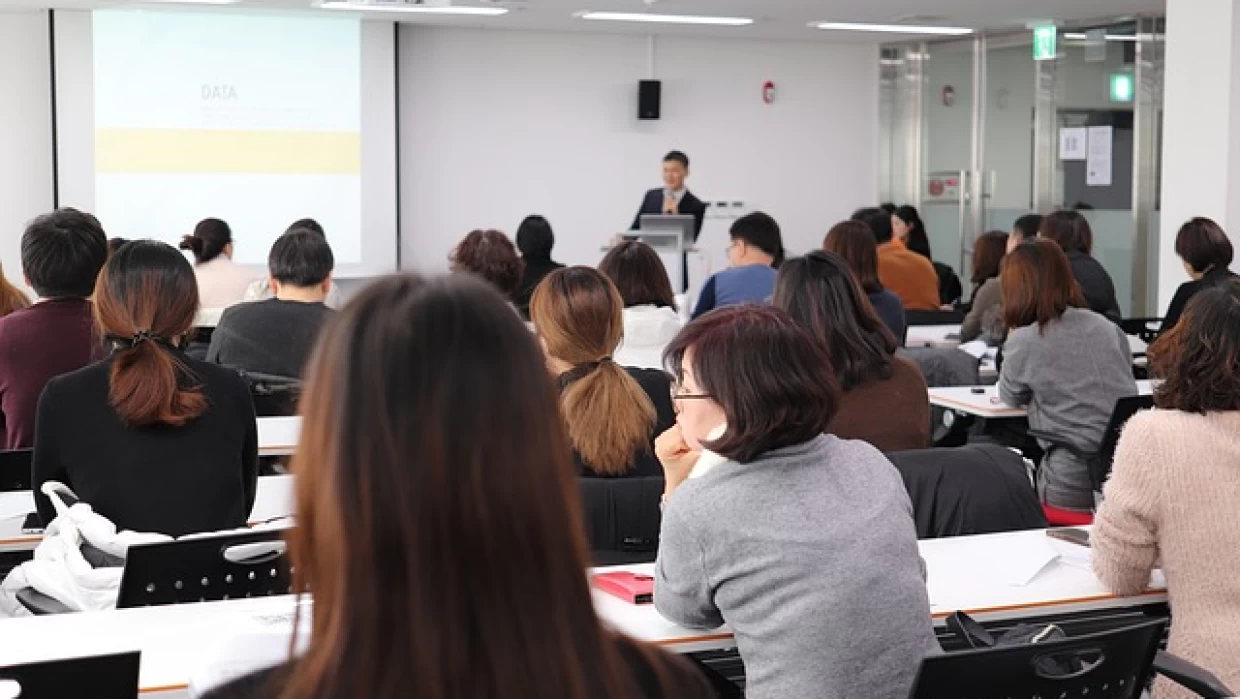



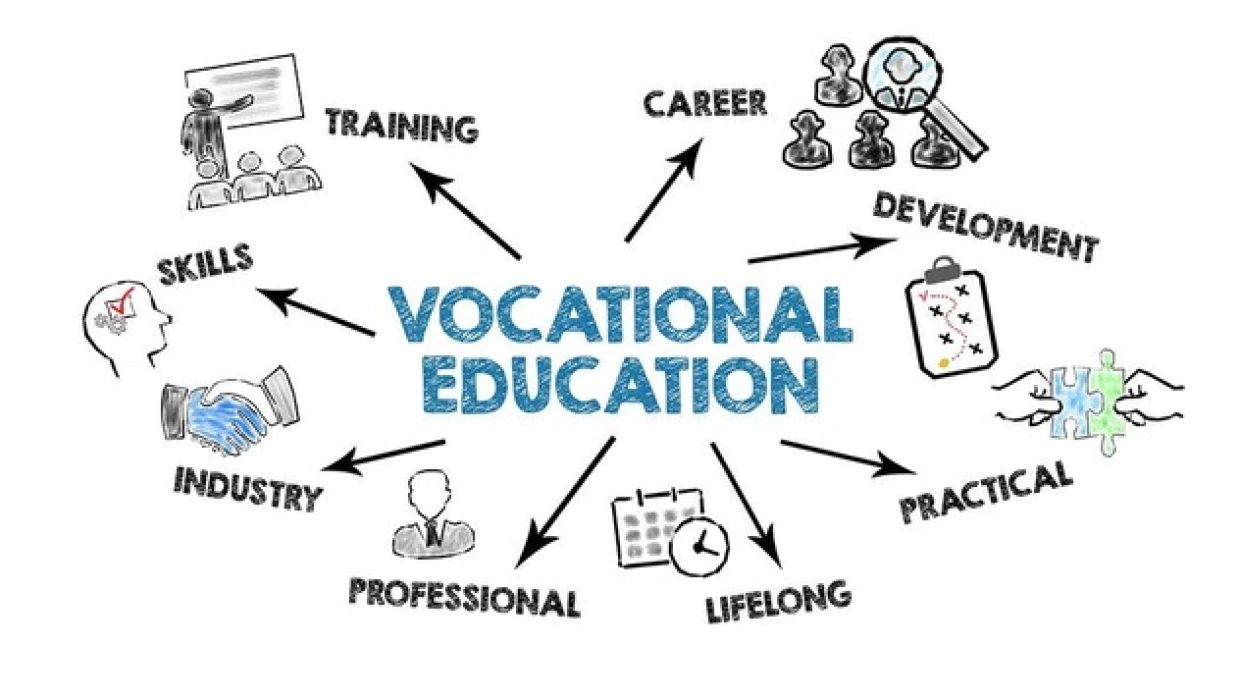

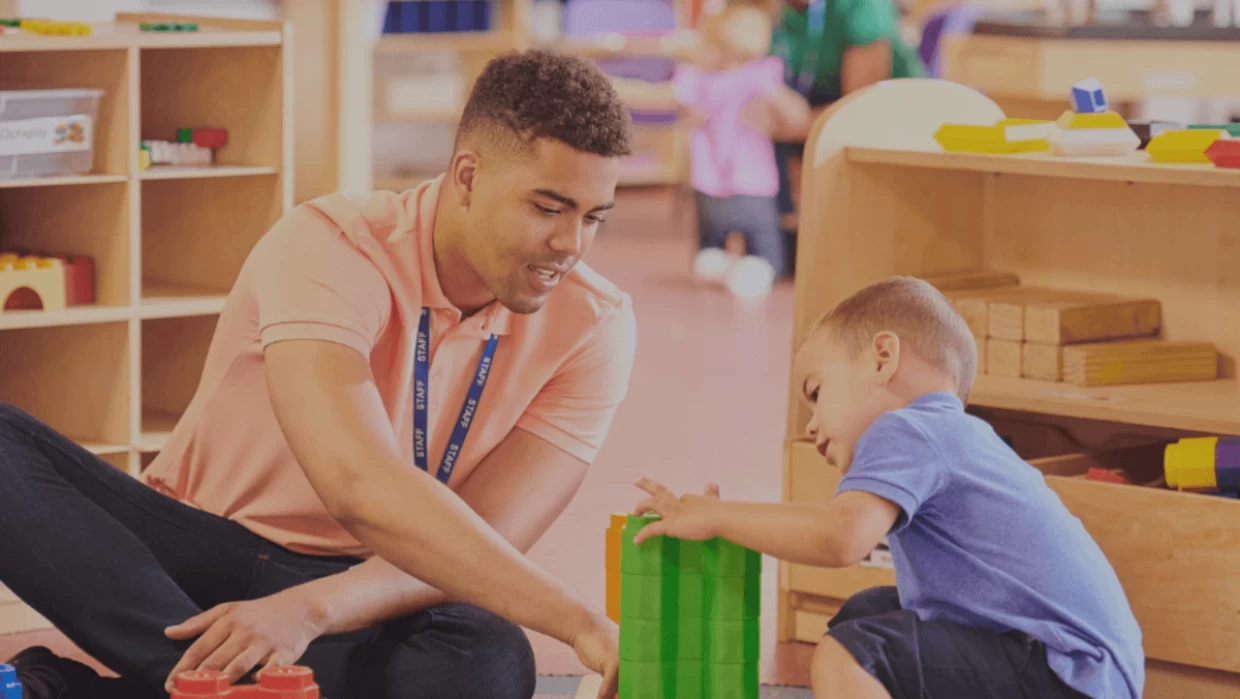

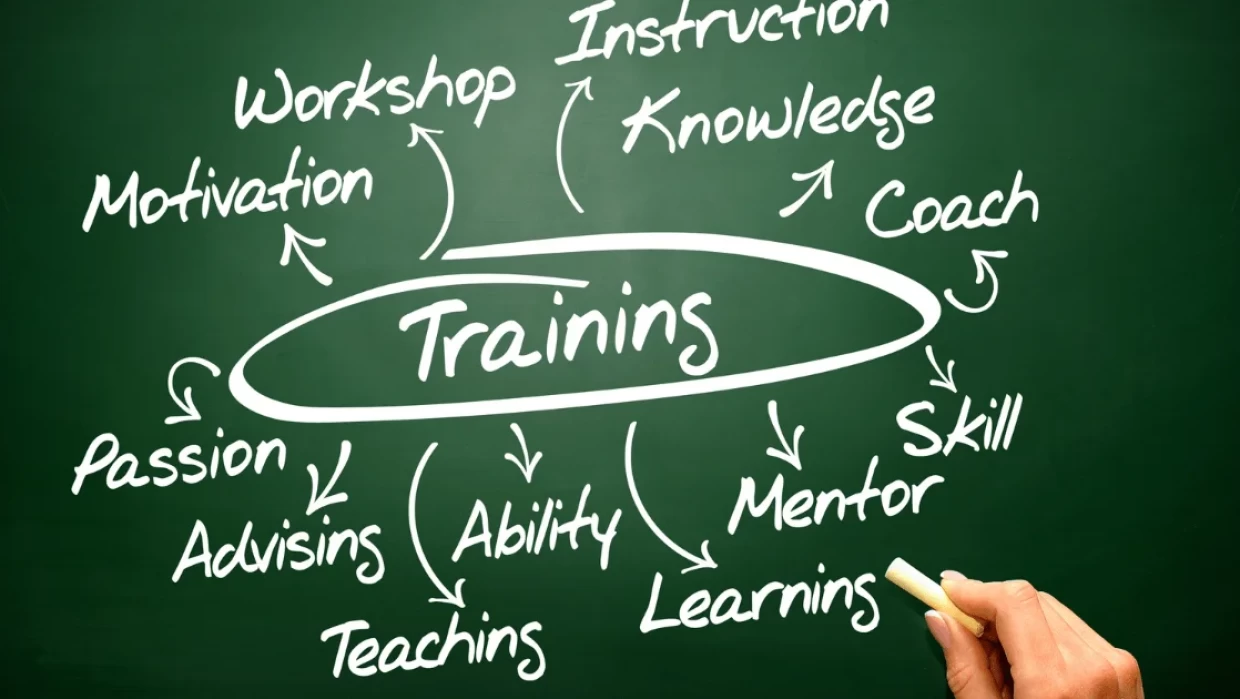

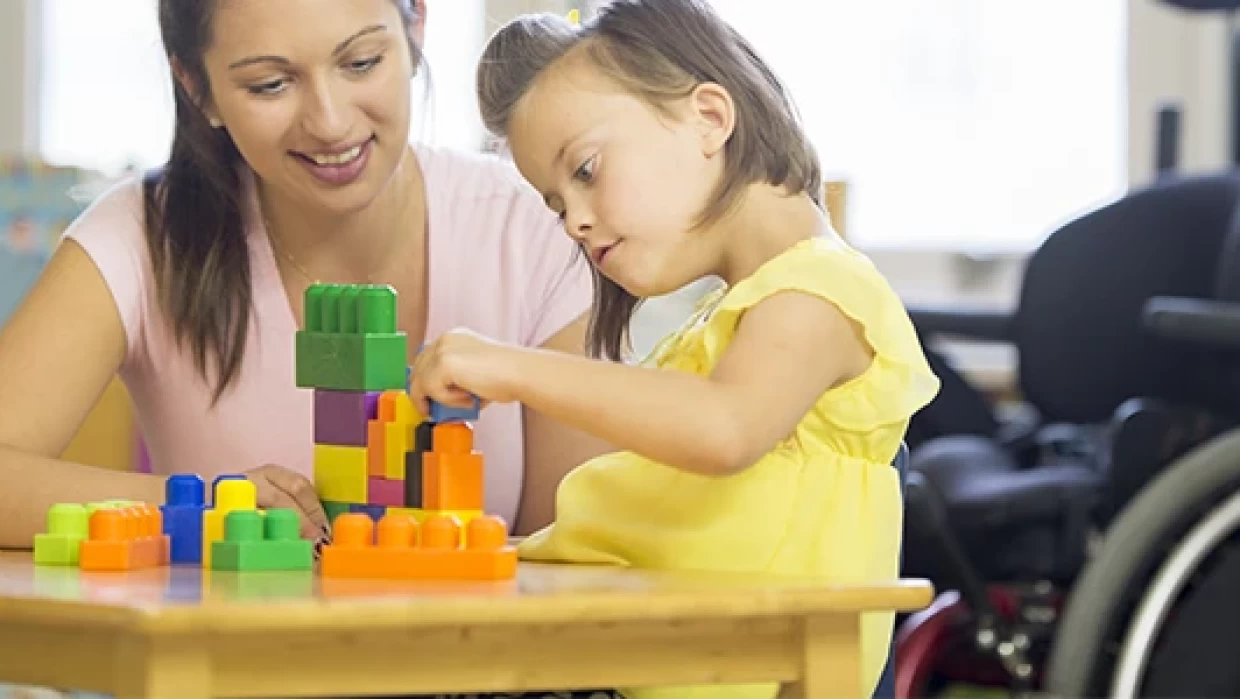
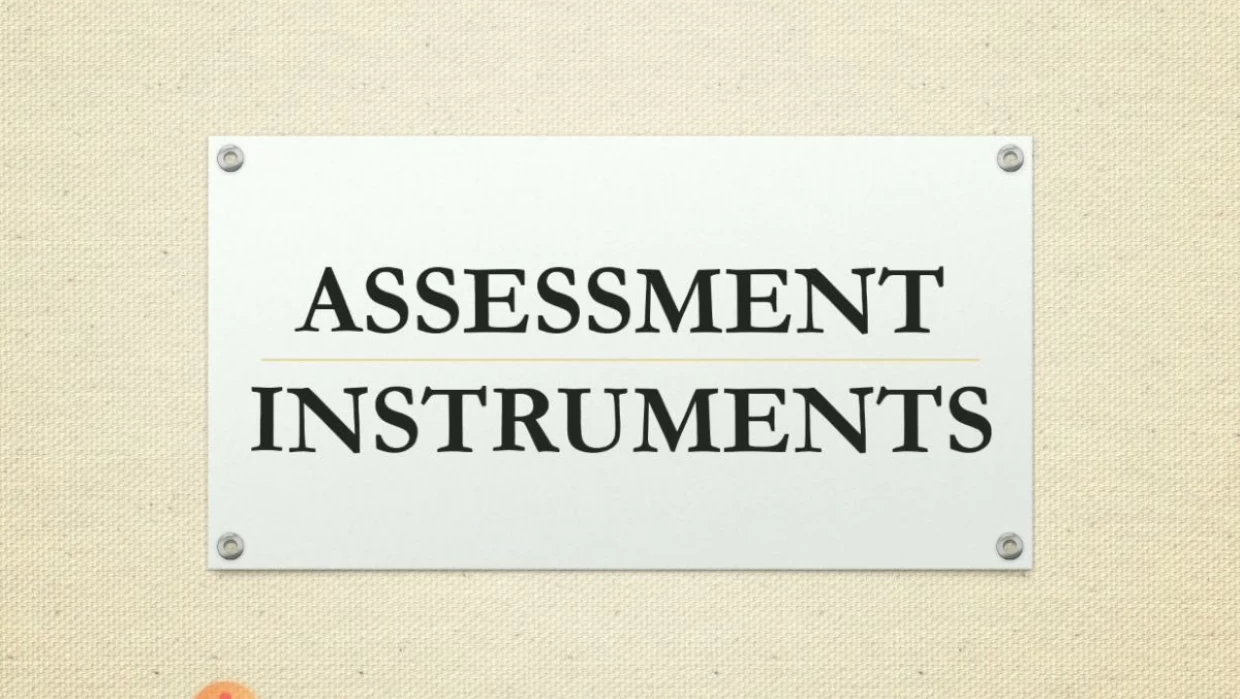
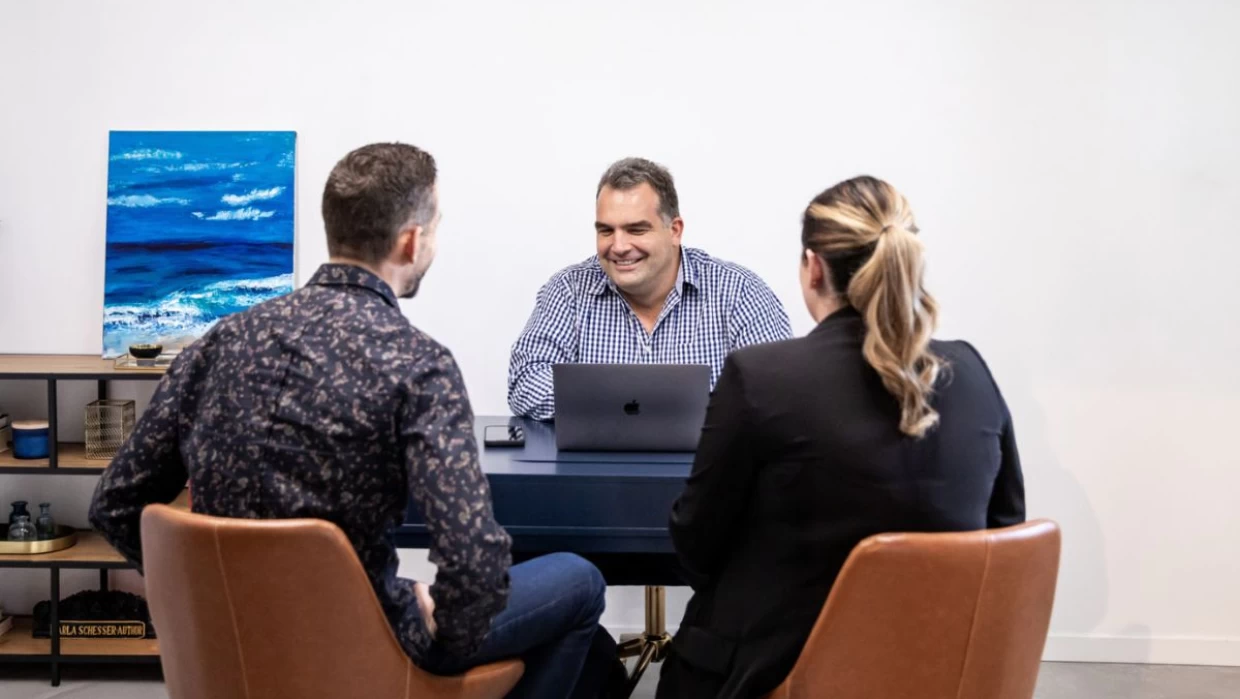




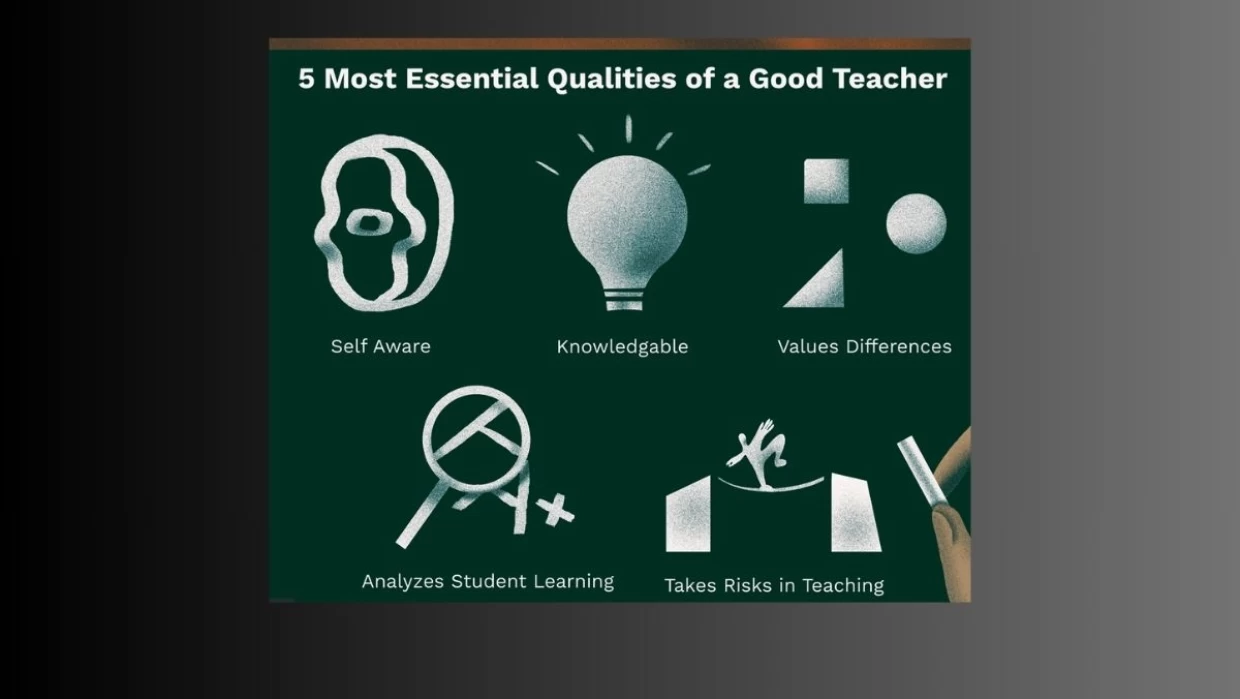
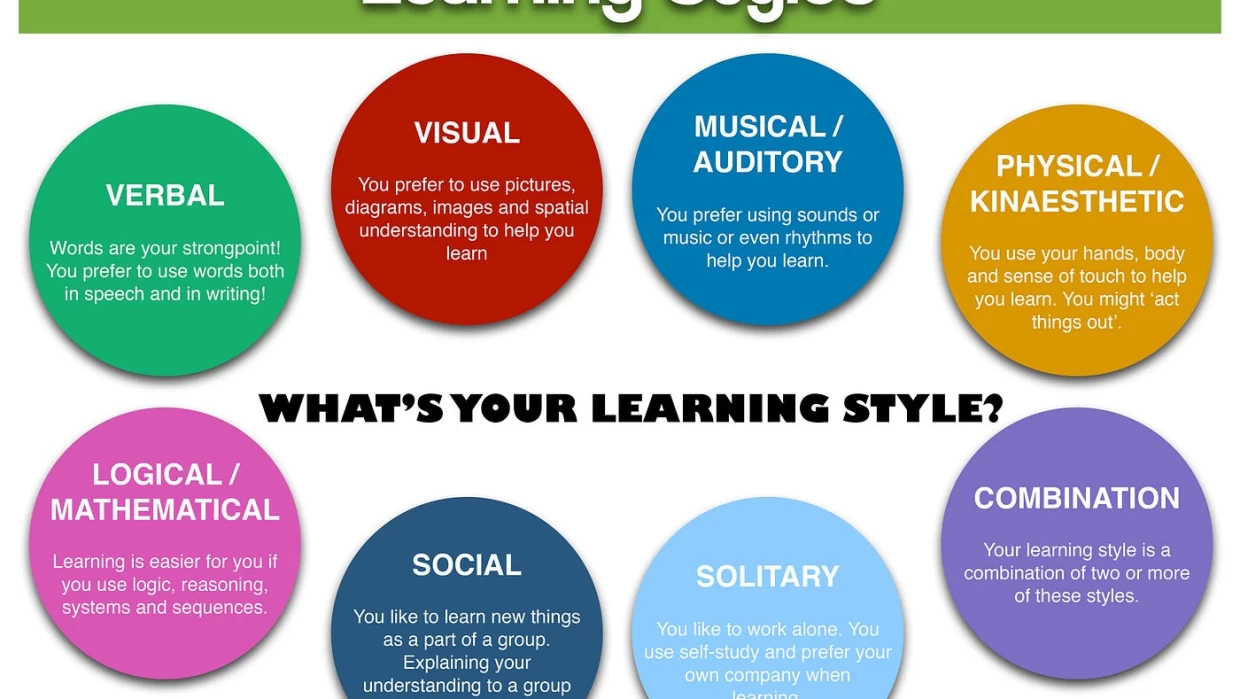
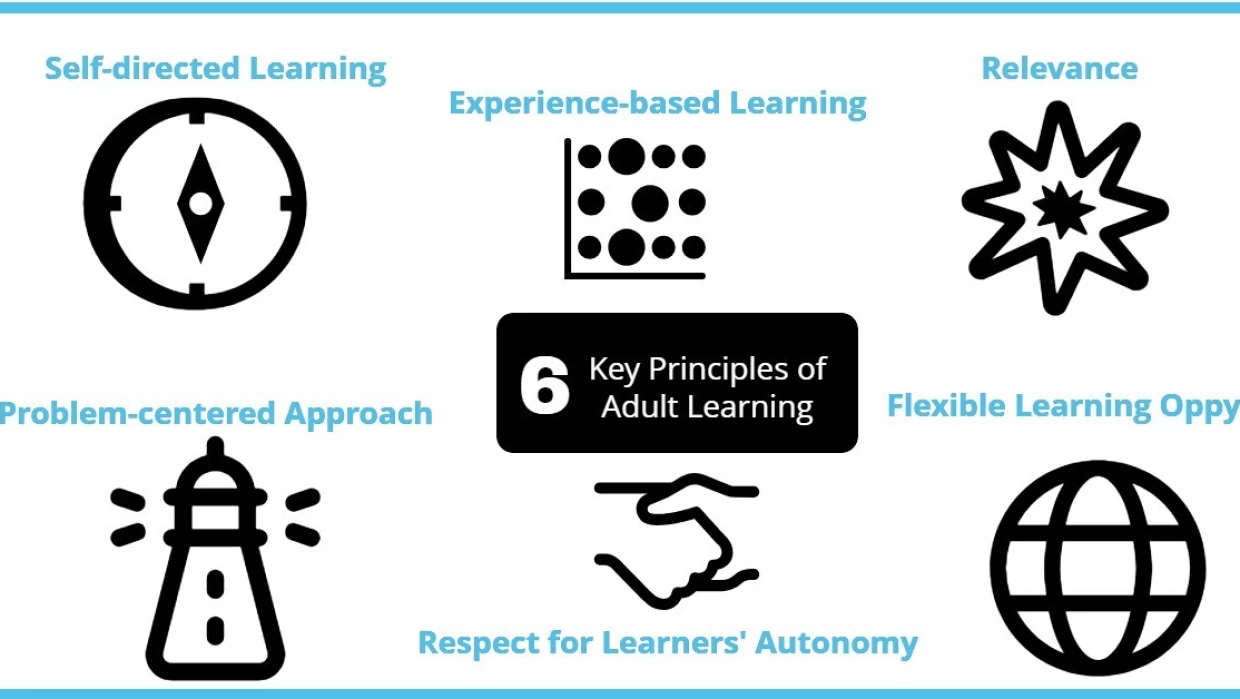














We would be delighted if you could get in touch with us.
Your email address will not be published. Required fields are marked